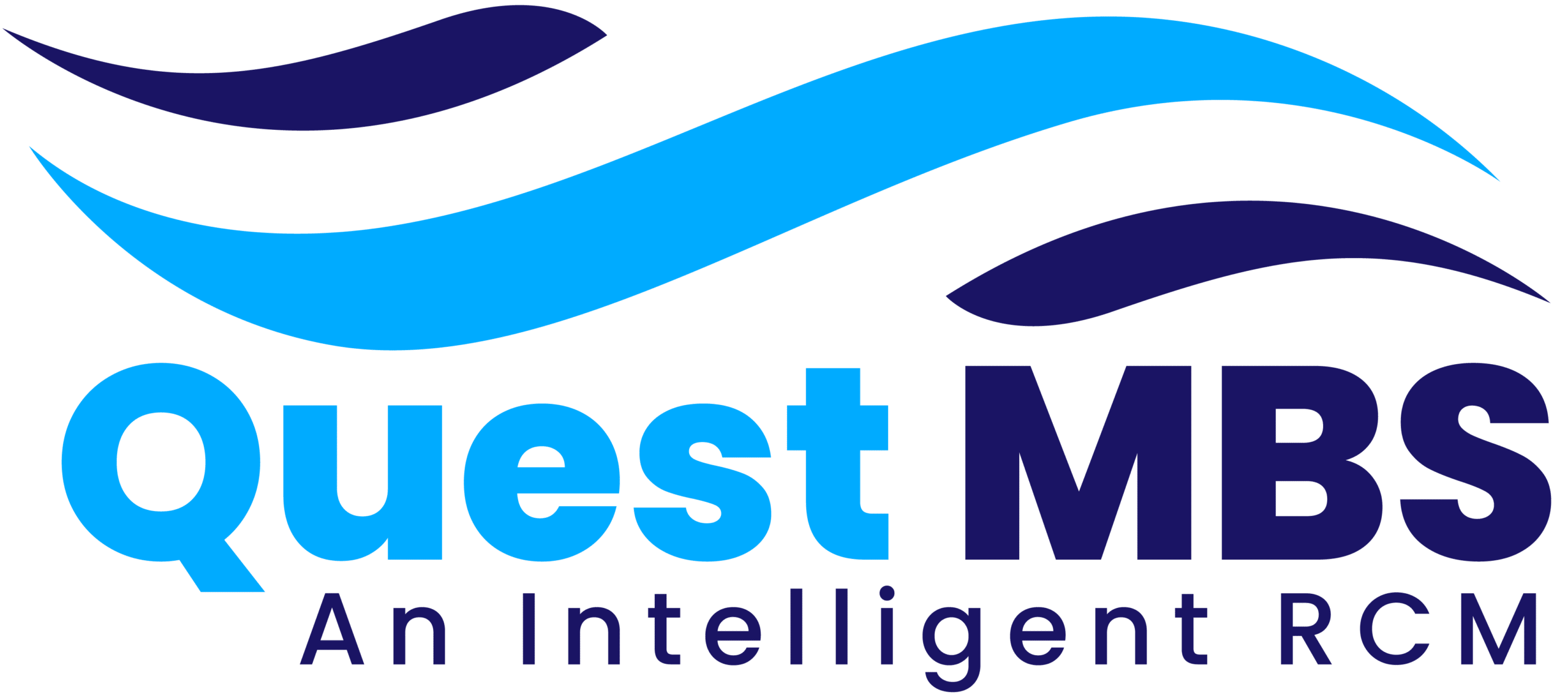Introduction:
Medical billing fraud is a serious issue that affects patients, healthcare providers, and insurance companies alike. Fraudulent billing practices contribute to rising healthcare costs, financial losses, and legal consequences for those involved. The U.S. Department of Health and Human Services (HHS) estimates that billions of dollars are lost annually due to fraudulent billing practices.
Understanding common medical billing fraud schemes and how to prevent them is essential for healthcare professionals, billing specialists, and patients. This article will explore the most common types of medical billing fraud and offer practical strategies to avoid them.
What Is Medical Billing Fraud?
Medical billing fraud occurs when healthcare providers intentionally submit false or misleading information on medical claims to receive unauthorized payments from insurers, Medicare, or Medicaid. Fraudulent billing can be committed by doctors, nurses, billing staff, or even entire healthcare organizations.
While some errors in medical billing occur due to mistakes or negligence, fraud involves deliberate deception for financial gain. The consequences of medical billing fraud can include hefty fines, loss of medical licenses, and even criminal prosecution.
Common Medical Billing Fraud Practices:
1. Upcoding:
What It Is:
Upcoding occurs when a healthcare provider bills for a more expensive service than the one actually provided. For example, a doctor may see a patient for a routine check-up but bill for a comprehensive, high-level evaluation to receive a higher reimbursement.
Example:
- A patient visits a doctor for a 15-minute consultation, but the provider bills for a 60-minute session.
- A physician performs a simple X-ray but codes it as a more advanced MRI scan.
How to Avoid It:
- Healthcare providers should ensure that the codes they use accurately reflect the services performed.
- Regular internal audits should be conducted to verify coding accuracy.
- Training programs should educate staff on ethical billing practices.
2. Unbundling:
What It Is:
Unbundling occurs when a provider bills separately for procedures that are typically grouped together under a single code. This allows them to receive higher payments than they are entitled to.
Example:
- A surgeon performs a single surgical procedure, but instead of billing under one code, they submit multiple separate charges for each step of the surgery.
How to Avoid It:
- Use correct billing codes that bundle related services as required by insurance policies.
- Train medical billers to recognize and correctly apply bundled services.
- Perform routine audits to detect improper billing practices.
3. Phantom Billing:
What It Is:
Phantom billing refers to charging for medical services, tests, or procedures that were never performed. This type of fraud is particularly harmful because it not only costs insurers but can also lead to incorrect medical records for patients.
Example:
- A doctor submits a claim for an X-ray that was never performed.
- A clinic bills for a blood test on a patient who never visited the facility.
How to Avoid It:
- Patients should carefully review their medical bills and insurance statements to identify any discrepancies.
- Providers should implement strict documentation policies requiring proof of service before submitting claims.
- Insurance companies should use fraud detection software to identify unusual billing patterns.
4. Billing for Unnecessary Procedures:
What It Is:
This occurs when a provider performs and bills for medical procedures or tests that are not medically necessary. Some providers do this to increase revenue or meet reimbursement quotas.
Example:
- A doctor orders a series of expensive tests for a patient with minor symptoms that do not require such diagnostics.
- A provider performs unnecessary surgeries or treatments to maximize insurance payouts.
How to Avoid It:
- Patients should seek second opinions if they feel they are being recommended unnecessary tests or treatments.
- Healthcare organizations should establish strict protocols for approving medical procedures.
- Insurance companies should conduct pre-authorization reviews for costly procedures.
5. Double Billing:
What It Is:
Double billing happens when a provider submits multiple claims for the same service, either by mistake or intentionally to receive extra payments.
Example:
- A hospital bills a patient’s insurance company and Medicare for the same service.
- A doctor charges for the same procedure twice on different invoices.
How to Avoid It:
- Automated billing systems should be used to detect duplicate claims.
- Internal audits should be conducted to identify and correct duplicate charges.
- Patients should verify their bills to ensure they are not being charged twice for the same service.
6. Kickback Schemes:
What It Is:
A kickback scheme involves a provider receiving financial incentives for referring patients to specific labs, pharmacies, or specialists, even if the referral is unnecessary. This practice is illegal under the Anti-Kickback Statute in the U.S.
Example:
- A doctor refers patients to a specific imaging center in exchange for a percentage of the profits.
- A pharmaceutical company provides bonuses to doctors who prescribe their medications excessively.
How to Avoid It:
- Physicians should follow ethical guidelines and refer patients only based on medical necessity.
- Hospitals and clinics should enforce strict anti-kickback policies.
- Whistleblower programs should be in place to encourage reporting of suspicious activity.
7. Falsifying Patient Records:
What It Is:
Altering or fabricating patient records to justify unnecessary treatments or higher reimbursements is a form of fraud. This practice can have serious legal and ethical implications.
Example:
- A provider adds symptoms to a patient’s record to justify a more expensive treatment.
- A hospital creates fake patient records to bill insurance companies for services never rendered.
How to Avoid It:
- Medical records should be regularly reviewed for accuracy and authenticity.
- Electronic Health Record (EHR) systems should have security measures to prevent unauthorized changes.
- Employees should be trained to recognize and report fraudulent record-keeping.
How to Prevent Medical Billing Fraud:
1. Training and Education:
- Healthcare providers and billing staff should receive ongoing training on ethical billing practices and compliance requirements.
- Workshops and seminars can help staff stay updated on changes in medical coding and regulations.
2. Implementing Strict Compliance Programs:
- Healthcare organizations should establish compliance programs that include routine audits and fraud detection measures.
- A dedicated compliance officer should oversee billing processes to ensure accuracy and legality.
3. Using Advanced Technology:
- Fraud detection software and AI-powered billing systems can help identify suspicious billing patterns.
- Automated coding tools can reduce the risk of errors and intentional fraud.
4. Encouraging Whistleblowing:
- Employees should feel safe reporting fraudulent activities without fear of retaliation.
- Organizations should establish anonymous reporting systems for potential fraud cases.
5. Patient Awareness:
- Patients should be encouraged to review their medical bills and insurance statements for accuracy.
- If discrepancies are found, patients should report them to their provider or insurance company immediately.
Conclusion:
Medical billing fraud is a widespread issue that affects healthcare costs, patient trust, and the integrity of medical institutions. While fraudulent practices such as upcoding, unbundling, and phantom billing can lead to serious legal consequences, they can be prevented through education, compliance programs, and technology.
By understanding the most common types of medical billing fraud and taking proactive steps to prevent them, healthcare providers can maintain ethical billing practices, reduce financial risks, and contribute to a more transparent and trustworthy healthcare system.







